Parkinson’s
What is Parkinson’s?
The Parkinson Society for British Columbia defines Parkinson’s disease as a progressive neurological disorder resulting from the loss of dopamine in the brain. It affects both motor and non-motor functioning, and after Alzheimer’s disease, is the second most common neurodegenerative disorder. Good sources for more information are the Parkinson Society BC or Parkinson Society Canada.
How does Parkinson’s disease affect speech and communication?
A reduction in loudness is frequently one of the first signs of Parkinson’s disease but everyone’s speech and voice is affected differently. Many people find their voice becomes flatter as pitch changes are less automatic and smaller. Facial expressions are also frequently reduced so the usual signals of emotional expression may be lessened or missing. Other changes in speech may include slurring and difficulty starting to speak. Swallowing may also be affected. As with other symptoms of Parkinson’s the changes in speech and voice usually occur gradually.
Parkinson’s also resets how we hear ourselves. Many people feel they are speaking perfectly loudly but are actually too quiet. To a person with Parkinson’s, normal loudness can feel like shouting. This is because the Parkinson’s disease affects the body’s monitoring system and smaller movements begin to feel normal.
What can professionals do to help?
Speech and voice treatment has advanced significantly and some speech-language pathologists offer training programs specifically designed for people with Parkinson’s. People learn specific strategies to speak more loudly and clearly. They also are taught how to recalibrate their own feedback systems to get a sense of how loudly they need to speak to be heard. By doing specific daily speech and voice exercises many people are able to relieve the symptoms of Parkinson’s and keep talking stronger and longer.
